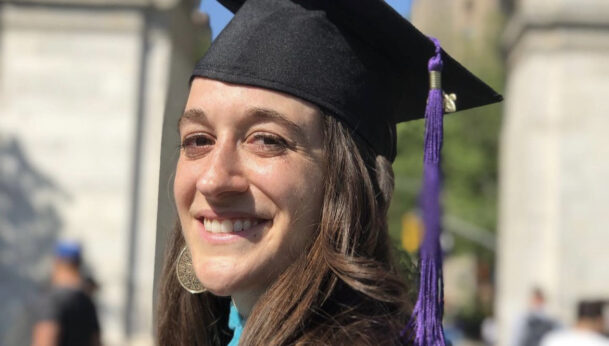Introducing Our U.S. Program – Roots Of The Future Program
01.18.2023 Julia Busto

This past summer, my team at There Is No Limit Foundation designed a program, Roots of the Future, to connect African immigrants in New York City to social services and resources. In order to best serve the African immigrant community, we conducted a focus group via Zoom. To assess their needs, we asked questions about experiences and struggles with social issues like health, education, and housing.
The first and most obvious barrier immigrants encountered with accessing healthcare in the United States was obtaining insurance. Obtaining insurance is difficult for undocumented people as it requires documentation they may not have. Being uninsured inhibits immigrants from seeking healthcare in fear of high out-of-pocket costs. As many African immigrants grow up speaking French, participants also felt they were unable to communicate their needs with English-speaking practices. They also felt doctors were not culturally competent or able to understand, appreciate, or interact with people from Africa. For example, participants felt doctors didn’t understand the gravity of female genital mutilation, a practice carried out in 40 countries in Africa, the Middle East, and Asia.
In discussing barriers in education in the United States, the most pressing issue was the high cost. Participants felt they were unable to comfortably attend school without financial aid. Where one participant had a full scholarship in attending school in her home country in Africa, she was unable to qualify for financial assistance due to her citizenship status in the United States. Not only did she not qualify for financial aid, but she also had to pay a higher tuition as an international student. Where attending college is financially difficult for undocumented and international people, an educational resource adult participants relied on was the Mid-Manhattan Adult Learning Center. This provided free literacy, GED, ESL, and career and technical education classes.
Lastly, in discussing housing, participants once again struggled with the high costs of rent in New York City. Participants once again felt that they were limited due to their citizenship status and lack of documentation. One participant described her dire situation of becoming sick when moving to the United States, requiring a lung transplant, and becoming disabled. As a result, she was unable to work and afford rent. Aissata, the co-founder of There Is No Limit Foundation was luckily able to provide her resources: SCRIE which helps pay rent for senior citizens and DRIE, which helps pay rent for disabled people. Another participant applied for affordable housing, and he was given a one-bedroom apartment for $1790 per month, which was still too expensive.
If you would like to get involved, feel free to email us at in@thereisnolimitfoundation.org.